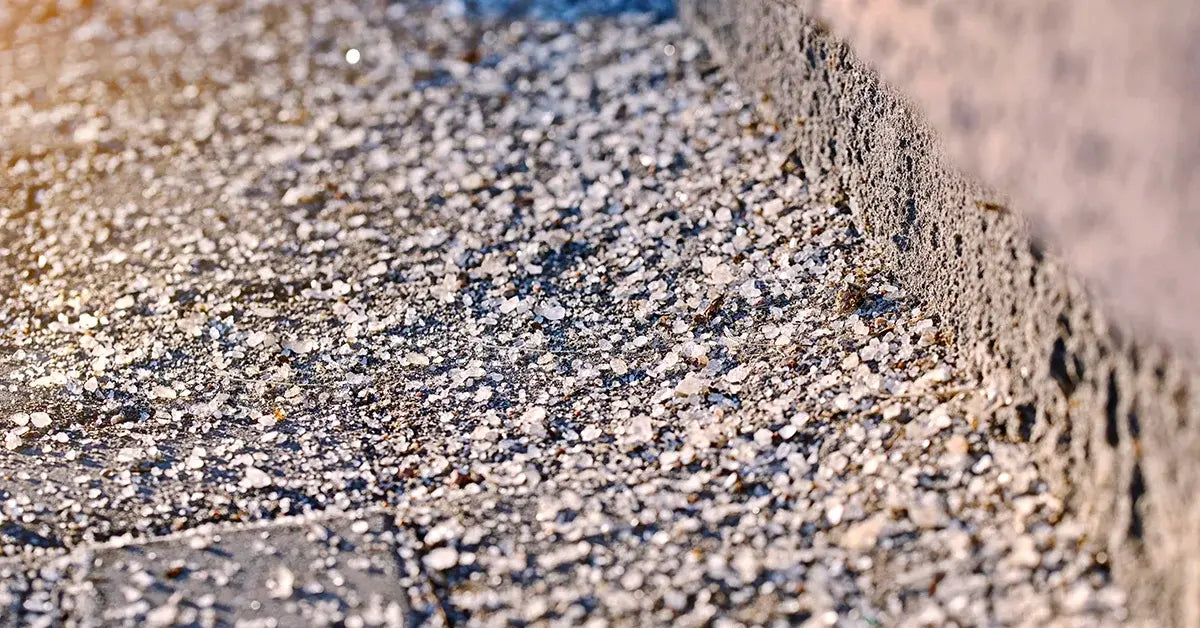
Choosing the Right Ice Melt for Utah Winters
Utah winters can be brutal, and a reliable ice melt is essential for keeping your home or business safe. But with so many products on the market, how do you choose the right one? This post will guide you through the key factors to consider when selecting ice melt.
Understanding Ice Melt Varieties
Different ice melt products contain various ingredients, each with its own pros and cons. Common options include:
-
Sodium Chloride (Rock Salt): Cost-effective but can be harsh on concrete and plants. Best for colder temperatures.
-
Calcium Chloride: Melts ice quickly and works in very low temperatures, but can be more expensive.
-
Magnesium Chloride: Gentler on concrete and plants than rock salt, but may not be as effective in extremely cold weather.
-
Potassium Chloride: Another gentler option, often used in environmentally sensitive areas.
Consider the typical winter temperatures in your area, as well as the surfaces where you'll be using the ice melt. Some products are specifically formulated to be safer for pets or vegetation.
Quality Matters
Not all ice melt is created equal. Higher-quality products will often melt ice faster and more effectively, requiring less product overall. Look for ice melt that is uniform in size and consistently coated. This ensures even melting and reduces the risk of clumping.
Why Choose Granite Landscape Center?
Granite Landscape Center offers high-quality ice melt products to meet the needs of homeowners and businesses in the Salt Lake Valley. We understand the unique challenges of Utah winters and can help you select the perfect product for your specific situation. Our knowledgeable staff can answer your questions and provide expert advice on application and safety. Don't get caught unprepared this winter – visit Granite Landscape Center today!